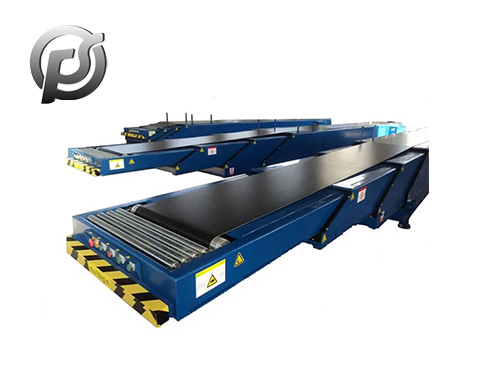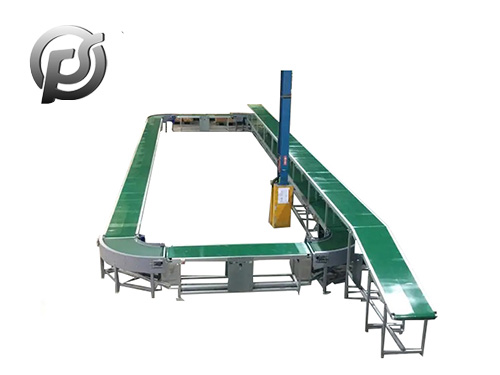The
conveyor belt industry in China has emerged as a global leader, driving innovation and efficiency across a wide range of sectors. As the world's largest manufacturer and exporter of conveyor belts, China plays a pivotal role in shaping the future of industrial automation and logistics.
China's dominance in conveyor belt production can be attributed to several factors, including its vast manufacturing infrastructure, technological prowess, and skilled workforce. With state-of-the-art facilities equipped with advanced machinery, Chinese manufacturers have the capability to produce conveyor belts of unparalleled quality and precision.
Moreover, China's strategic location at the crossroads of global trade routes facilitates seamless distribution of conveyor belt products to markets around the world. This geographical advantage, coupled with robust supply chain networks, enables Chinese manufacturers to meet the growing demand for conveyor belts across diverse industries, including mining, manufacturing, agriculture, and logistics.
In recent years, China has witnessed a surge in the adoption of automation technologies, driving the demand for conveyor belts in various applications. From assembly lines in automotive factories to distribution centers in e-commerce warehouses, conveyor belts play a critical role in streamlining production processes and enhancing operational efficiency.
Furthermore, China's commitment to sustainability has spurred the development of eco-friendly conveyor belt solutions, incorporating recycled materials and energy-efficient manufacturing practices. This aligns with global efforts to reduce carbon emissions and minimize environmental impact, positioning Chinese manufacturers as leaders in responsible production.
The conveyor belt industry in China is characterized by fierce competition and continuous innovation. Manufacturers are constantly striving to develop new materials, designs, and technologies to meet evolving customer needs and industry standards. This culture of innovation drives progress and ensures that China remains at the forefront of conveyor belt manufacturing on a global scale.
In conclusion, the conveyor belt industry in China exemplifies the country's prowess in manufacturing, innovation, and global trade. With its vast resources, technological capabilities, and commitment to sustainability, China continues to shape the future of industrial automation, powering the world's economy forward.
 Custom Conveyor Belts: Enhancing Efficiency and Productivity
Custom Conveyor Belts: Enhancing Efficiency and Productivity
 Stone Belt Conveyor: Efficient Material Handling Solution for Mining and Construction
Stone Belt Conveyor: Efficient Material Handling Solution for Mining and Construction
 PE Conveyor Belts: Characteristics, Applications, and Advantages
PE Conveyor Belts: Characteristics, Applications, and Advantages
 Stone Conveyor Belt: Enhancing Efficiency and Productivity in Material Handling
Stone Conveyor Belt: Enhancing Efficiency and Productivity in Material Handling